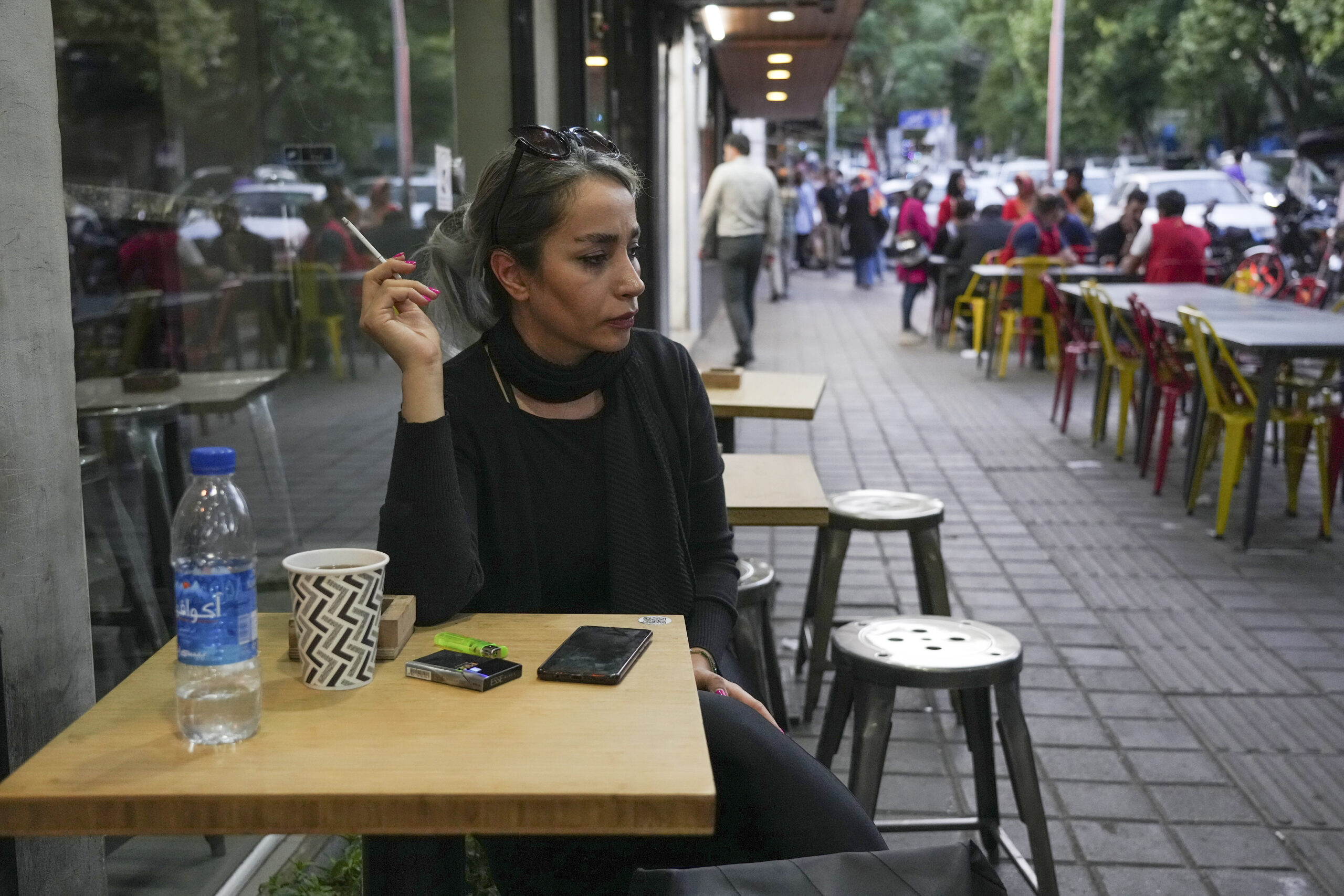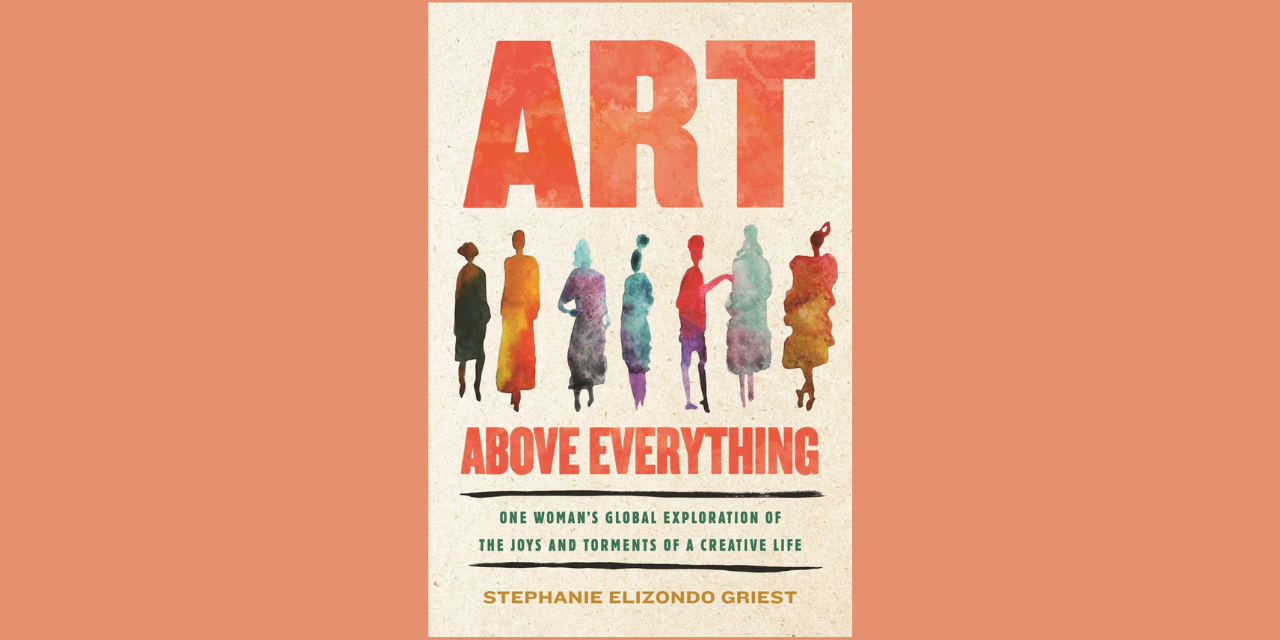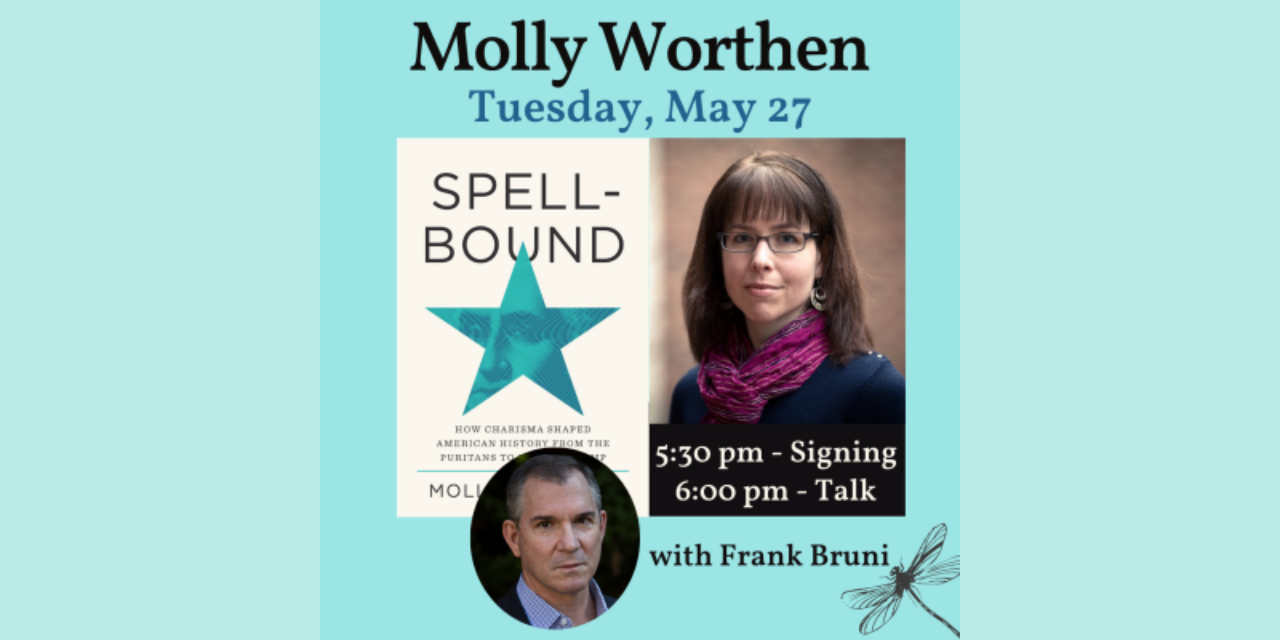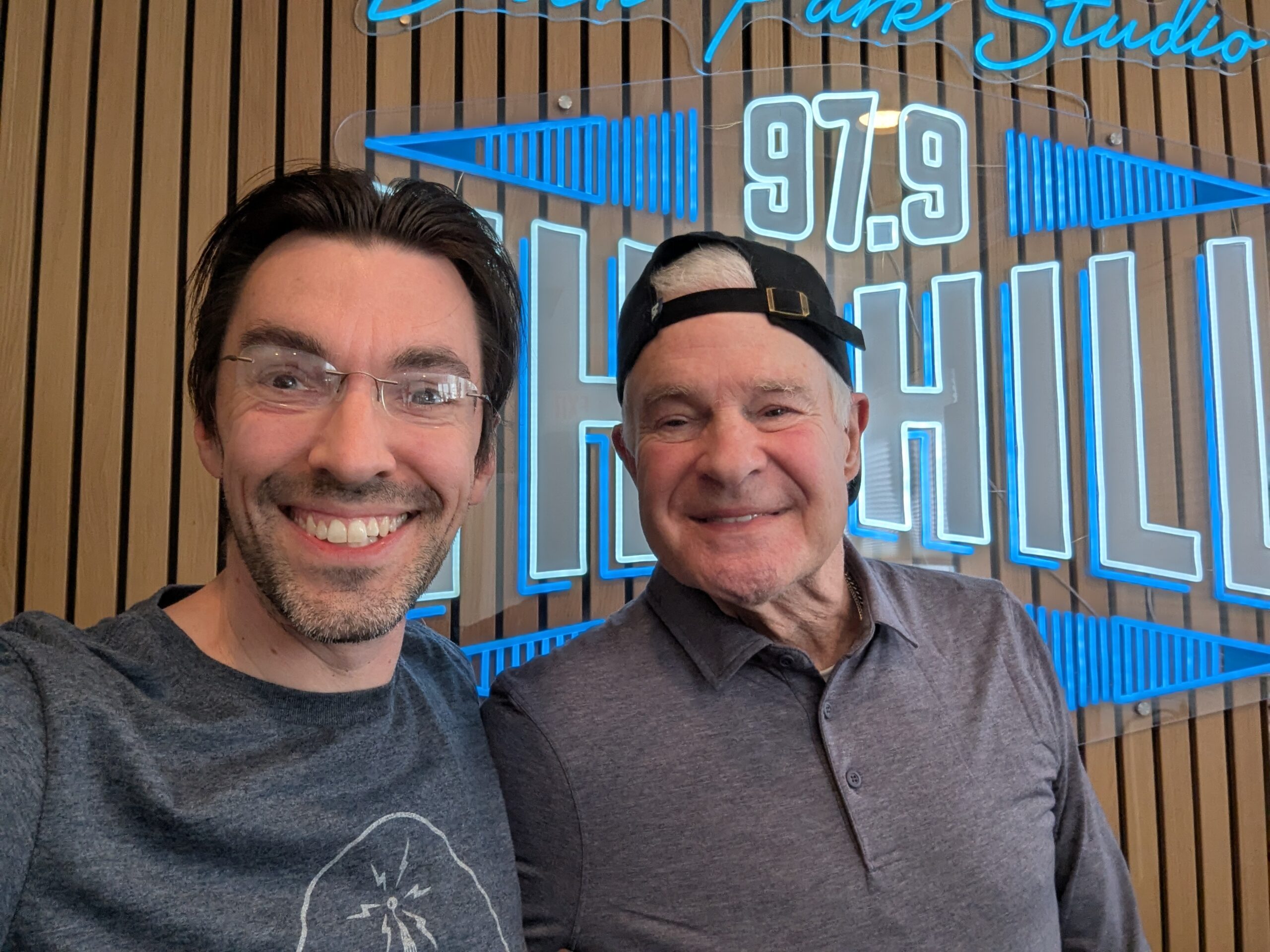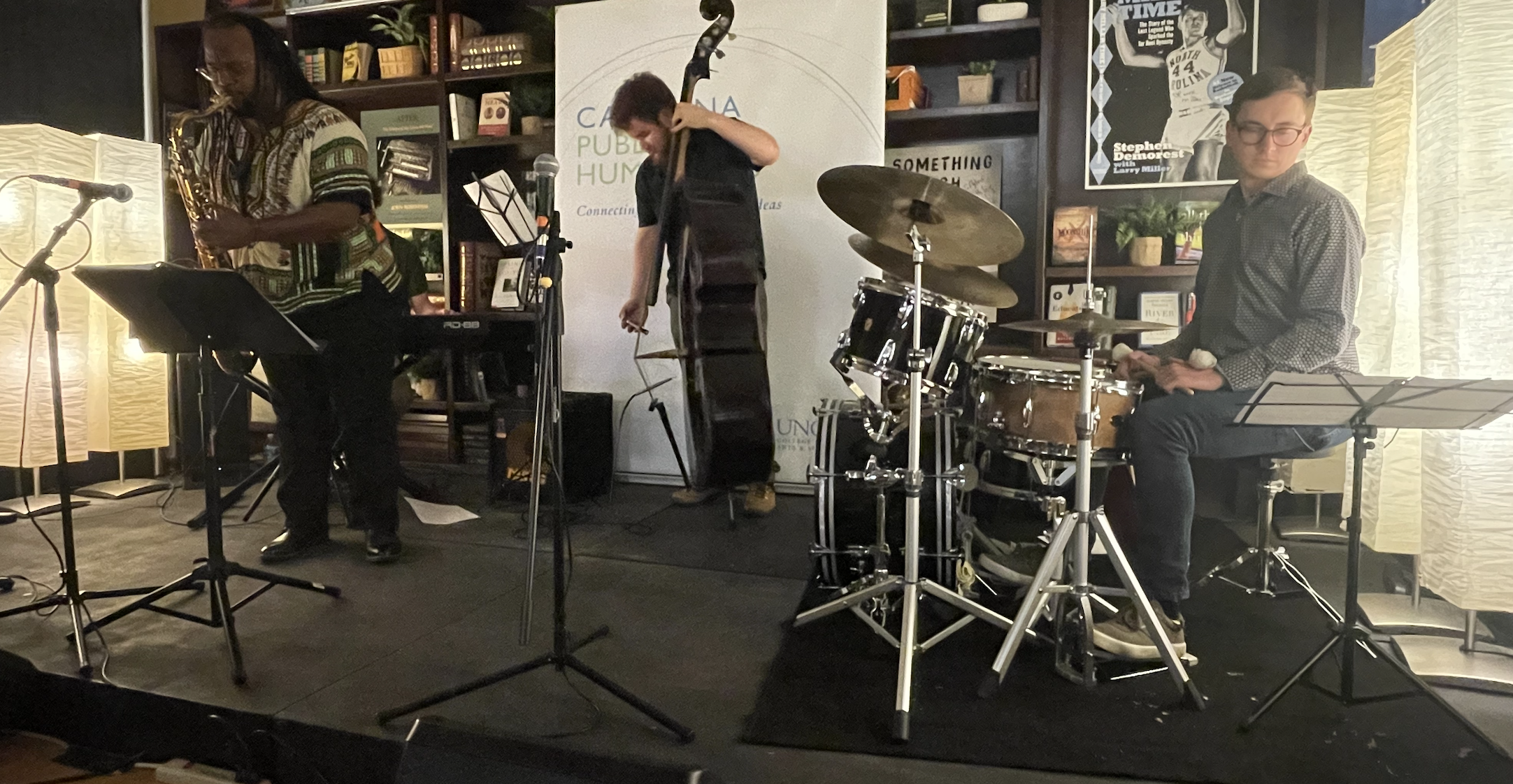Dozens packed into the back room of Flyleaf Books in Chapel Hill on Sunday to learn more about Islam.
The event, Straight Talk with Real Muslims, featured a diverse panel that shared their personal experiences and knowledge about the religion.
The father of Yusor and Razan Abu-Salha, who along with Deah Barakat were shot and killed in Chapel Hill last year, spoke at the start of the event. Dr. Mohammad Abu-Salha encourage the audience to learn more about the Muslim community.
“So if you want to fight terrorism the first thing you should do is come to our mosques and talk to us, get to know us and embrace your Muslim neighbor,” said Abu-Salha.

Dr. Mohammad Abu-Salha. Photo by Chris Grunert
Abu Salha’s emotional introduction to the event seemed to allow for a more personal conversation. Muad Hrezi, a pre-med student a UNC, shared a situation that happened to his family shortly after the terrorist attacks on September 11.
“I remember going out to a Friendly’s restaurant up in Connecticut and when we went to the restaurant we were not being seen for a while and as time when on people kept coming in and out and we were wondering when our seat was going to be available,” said Hrezi. “We waited for about two hours and a half and that’s when it struck us that we weren’t going to be severed.”
Though he said it took several years before he realized what had happened, Hrezi said the incident defined the struggles he continued to face as he grew older.
Dr. Maisha Pesante, who works as a physician at a federal hospital, explained how the Hadith guides Muslims through their daily practices.
“For instance how a women covers, in the Quran it tells us to cover and to draw our veil over our bosom, but to know specifically, like what do you mean, how much should be covered for instance? There’s a Hadith that says that you can show your face and your hands,” said Pesante.
Hadith is a collection of reports claiming to quote what the prohpet Muhammad said on various matters.
As a self-described feminist, Deonna Kelli Sayed said that sometime the teachings of the Quran seemed to be in conflict. She recounted some advice from a spiritual leader on what to do during times like this.
“He said Deonna when you get the Quran you have to read it as if Allah and the Prophet, peace be upon him, delivered it just for you, like he put it in your mailbox and said this is just for you. And if you don’t like something you need to be like Allah, this sucks,” said Kelli Sayed.
Kelli Sayed said this is when the term practicing Muslim describes her well.
“Then you have to start this intellectual and spiritual journey of asking the divine to help you understand,” said Kelli Sayed.
Pesante said local religious leaders help Muslims maintain a sense of community in a growing secular world.
“Sometimes finding who are the local scholars in your area is a good way and its how we maintain our identity because Islam is a very ancient traditional path, so a lot of knowledge is passed from a teacher to an apprentice and that is a lot of the way that we maintain our identity,” said Pesante

